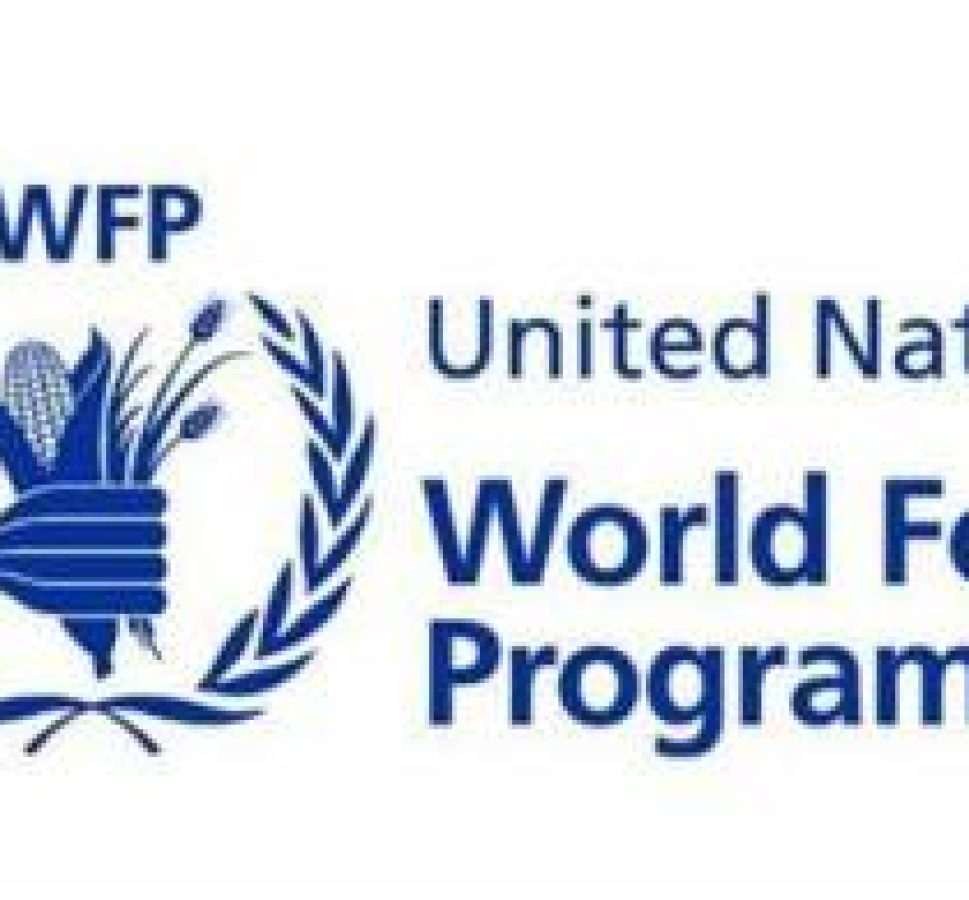
This was contained in a statement posted on its website Tuesday, nothing that the programme is targeting at 7.3million people in the two regions.
The United Nations (UN) World Food Programme has said it is ramping up its lifesaving food and nutrition assistance programme to support Nigeria and seven other countries in the West and Central Africa.
This was contained in a statement posted on its website Tuesday, nothing that the programme is targeting at 7.3million people in the two regions.
It said that the programme is scheduled to be carried out during the ongoing June-August lean season when food stocks run out and hunger peaks.
Nigeria, Cameroon, Central African Republic, Chad, Mali, Mauritania Burkina Faso and Niger were listed as the beneficiaries for the food initiative.
The statement read, “We are ramping up our lifesaving food and nutrition assistance programme in West and Central Africa, targeting 7.3 million people during the ongoing June-August lean season when food stocks run out and hunger peaks.
“The programme which kicks off in June, supports national governments’ lean season response plans in Burkina Faso, Cameroon, Central African Republic, Chad, Mali, Mauritania, Niger, and Nigeria.”
“The number of people World Food Programme will target as part of the programme could expand to 12 million people if adequate funding allows. But dwindling resources available for humanitarian operations means that despite near-record level needs, WFP has been forced to assist less people than originally planned.
“West and Central Africa is in the grips of a severe food security and nutrition crisis – with nearly 55 million people projected to face acute hunger during the June-August lean season – a fourfold increase on the 12.6 million people facing acute hunger in 2019. Malnutrition has also reached extraordinary levels, with an estimated 17 million acutely malnourished children under five,” the statement stated.
Meanwhile, WFP Regional Director for Western Africa, Chris Nikoi, while speaking said, “The alarming hunger crisis in the region underscores the urgent need for transformative solutions to help vulnerable families meet not only their immediate food needs but also build a brighter future.”






